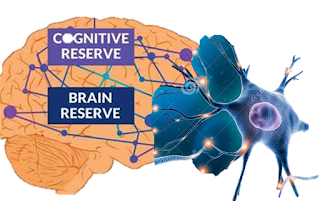Aging, Cognition, and Money

Aging is an inevitable process, bringing with it not only physical changes but also cognitive shifts that can profoundly influence everyday life. Two recent papers, "Are Older People Aware of Their Cognitive Decline? Misperception and Financial Decision Making" and "Ageing Populations, Financial Capability and Household Financial Decision Making in the Context of Neo-Liberal Social Policy Systems" , explore an under-discussed yet critical aspect of aging: how older adults perceive and manage financial decisions amidst cognitive decline and shifting household dynamics. These findings don’t just reveal gaps in individual awareness but also highlight broader systemic challenges tied to aging societies. One of the key findings of the first paper is that older adults often underestimate the extent of their cognitive decline . This misperception can lead to poor financial decision-making, particularly among those who were once active stock market investors. The research ...








